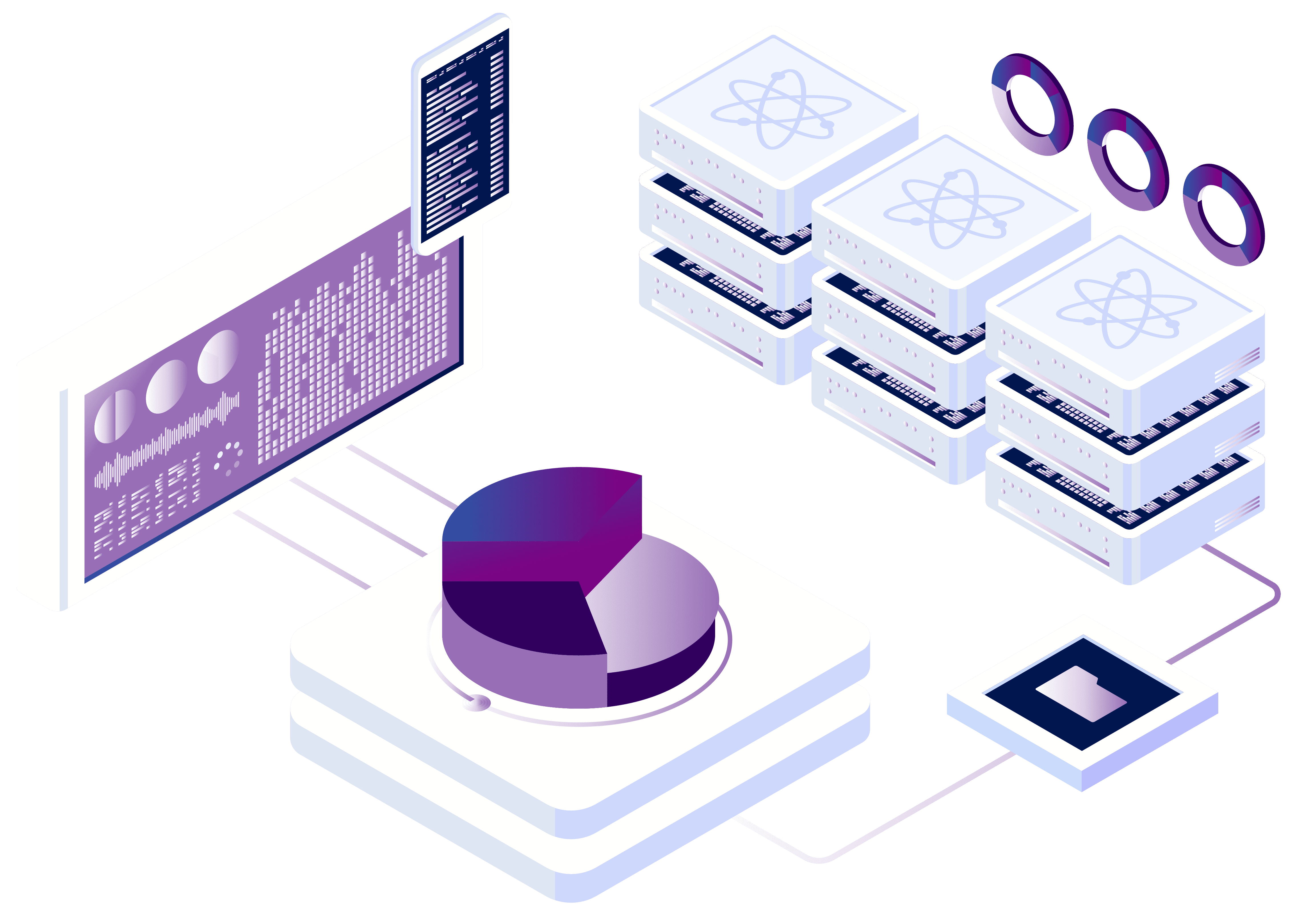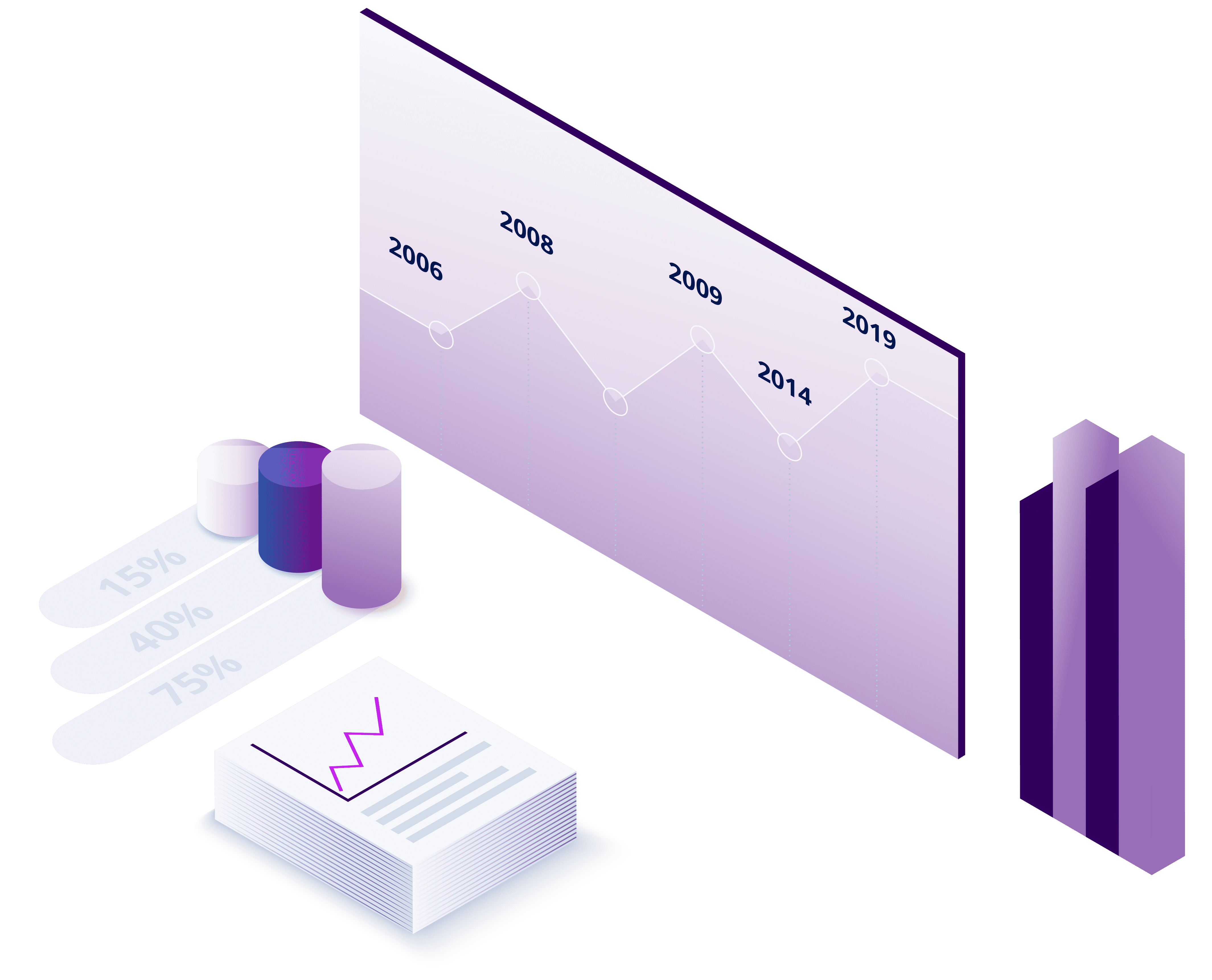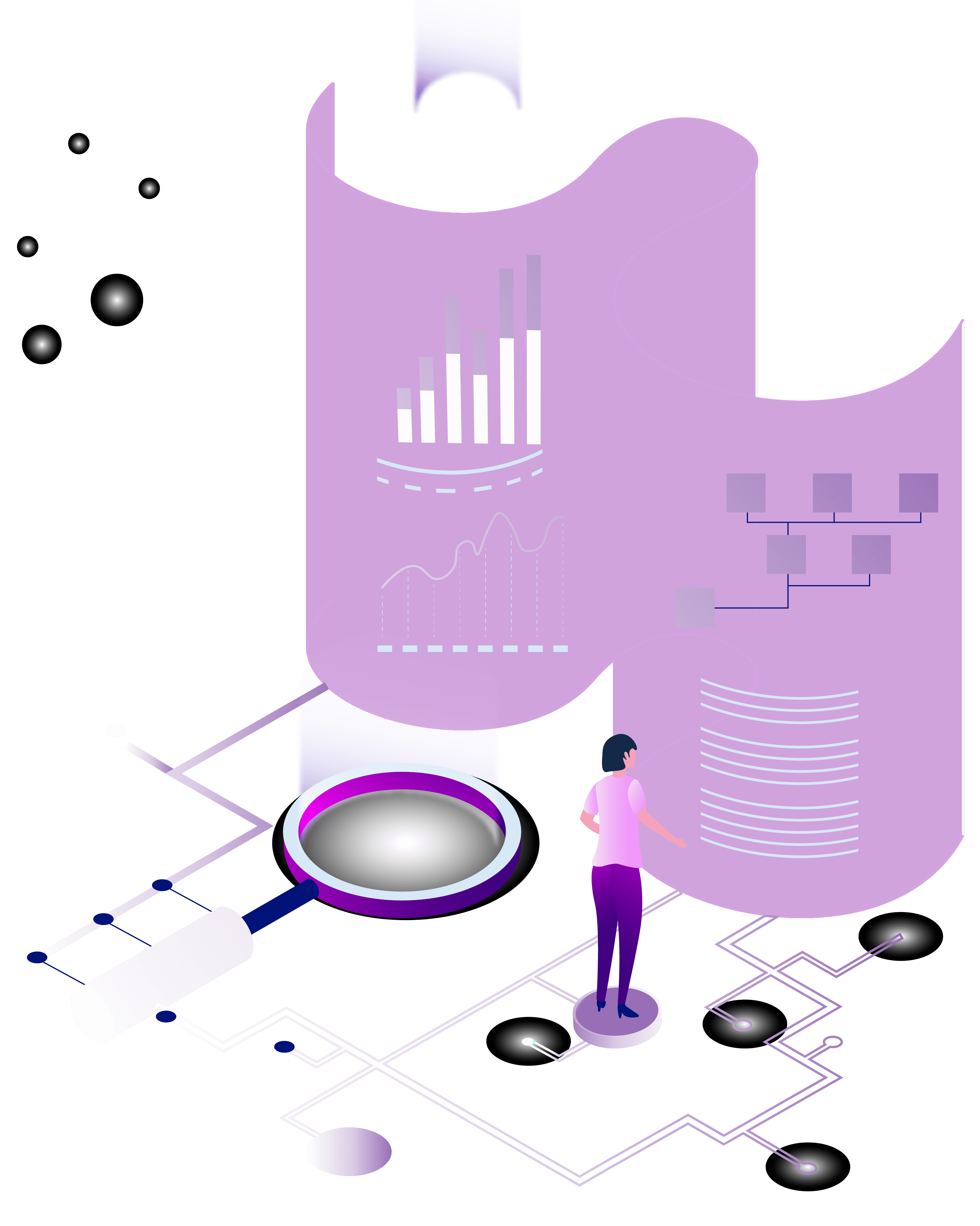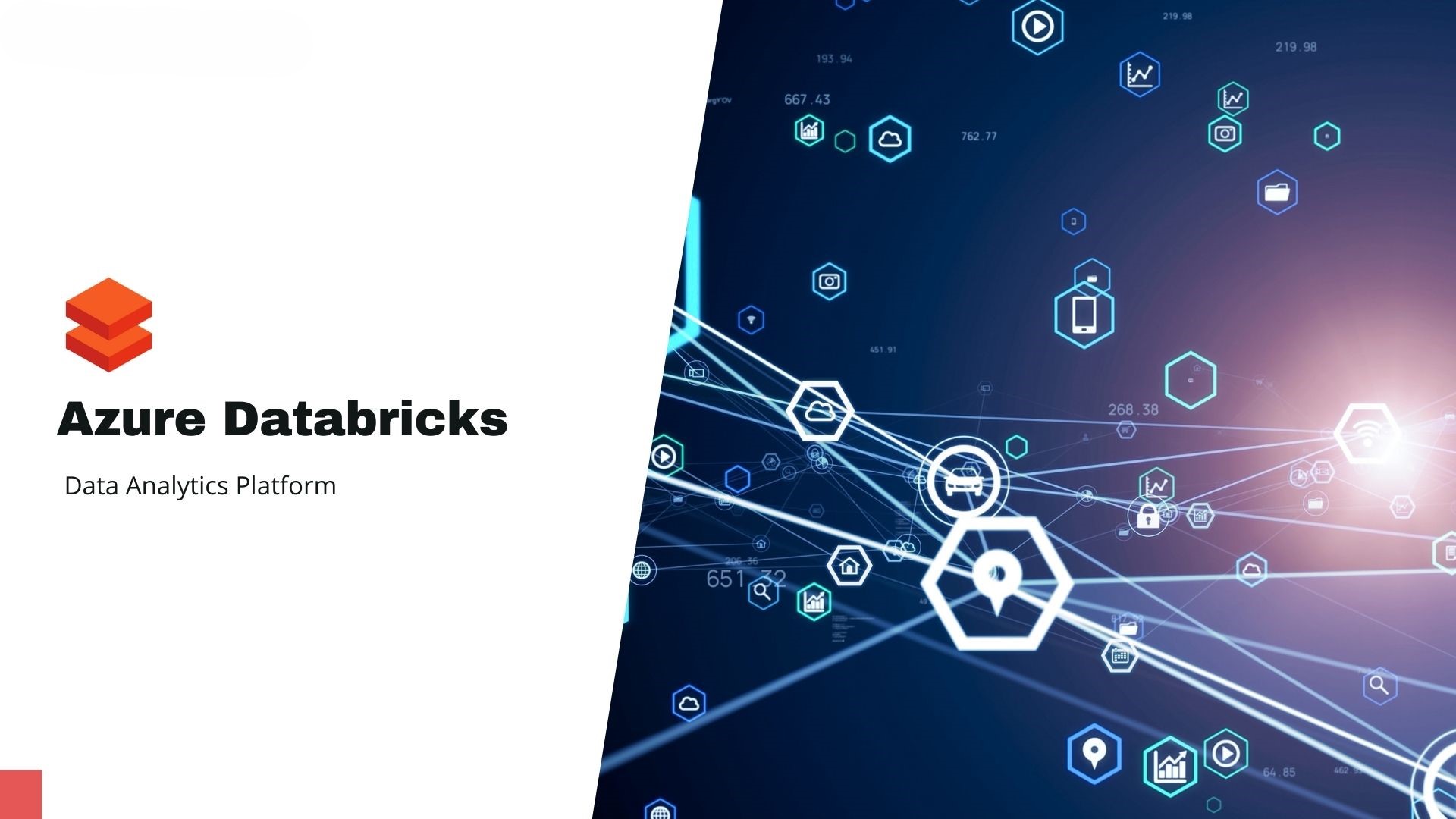

DataOps
If you want your data analytics operation to run smoothly and efficiently, you need a strong DataOps. It is the perfect combination of DevOps, Agile development, and data analytics, allowing you to build and deploy data pipelines at scale, quickly and efficiently. DataOps is all about speed and efficiency, and to achieve this; you need a rock-solid infrastructure that provides the necessary tools and resources.From cloud-based computing to data storage, integration, processing, visualization, monitoring, and security, DataOps can revolutionize your data analytics. With it, you can process and analyze massive amounts of data in record time, extract valuable insights, and make data-driven business decisions with confidence.

We Can Help You If You Want To…
- Build and deploy data pipelines at scale with speed and efficiency.
- Ensure consistent data quality, reduce errors and improve accuracy.
- Keep up with data needs, allowing for faster decision-making and more agile operations.
- Save on labor costs and reduce the risk of errors and downtime.
- Ensure sensitive data is stored securely and that all processes are compliant with relevant regulations.
We Believe in…
Collaboration
in promoting communication, transparency & teamwork among teams and stakeholders.
Automation
in reducing errors, improving efficiency, and streamlining the software delivery process.
Continuous Improvement
in improving and iteratively optimizing the data delivery pipeline
Security
in ensuring the data is stored securely and all processes are compliant with relevant regulations.
Customer focus
in understanding the customers' needs and expectations and delivering data-driven solutions to meet their requirements
Integrity
We work with the same vision for all our customers with or without them being in constant contact with us.
70+
Clients
200+
Projects Completed
70+
Employees
95%
Client Retention Rate
Why Choose Us?
Our team of highly skilled and experienced professionals specializes in DataOps practices. We stay up-to-date on the latest trends, technologies, and best practices to ensure optimal solutions for you!
Our DataOps practices streamline the software development process, enabling faster delivery of high-quality products. This helps clients gain a competitive edge by getting their products to market faster.
By implementing cost-efficient practices, we help you achieve better ROI on your data analytics investments and reduce operational expenses.
We use automated testing and deployment, continuous integration and delivery practices which result in lower costs for our clients.
We offer customized solutions that are tailored to meet the unique needs and requirements of each client. We take the time to understand our client's businesses and goals to deliver solutions that work for them.
Our Awesome Projects
What Our Clients Say About us
Customer satisfaction is our major goal. See what our clients are saying about our services.
FAQs
DataOps is a methodology that transforms data analytics pipelines into services or microservices. It establishes a strong, transparent, efficient, and repeatable analytics process and integrates all development and operational workflows
DataOps can help organizations streamline their data infrastructure and improve the speed and accuracy of their data pipelines. By integrating data analytics with DevOps principles, DataOps can enable organizations to build and deploy data pipelines more quickly and efficiently, leading to better insights and improved business outcomes.
DataOps, also known as "data operations," is a collaborative methodology that brings together DevOps teams, data scientists, and data engineers. Its purpose is to introduce agility and efficiency to the entire end-to-end pipeline process, starting from data collection and culminating in data delivery.
DataOps focuses on agility in designing, implementing, and maintaining a distributed data architecture. This architecture supports a diverse set of open source tools and frameworks in a production environment. The primary objective of DataOps is to generate valuable business insights from large volumes of data.
With DataOps, you can...Get new insights quickly through rapid innovation and experimentation.Maintain very high data quality and keep error rates low.Collaborate over complex arrays of people, technology, and environments.Measure, monitor, and ensure transparency of results.
DevOps is a methodology that is primarily focused on improving software development and delivery by bridging the gap between development and operations teams. While DataOps aims to eliminate barriers between data producers and consumers, thus enhancing the value and reliability of data.
There are many tools used in DataOps, including data integration and ETL tools, data analytics and visualization tools, cloud infrastructure and automation tools, and continuous integration and deployment tools.
DataOps can be implemented in seven steps to streamline the data analytics process. An easy seven-step process enables organizations to transition to DataOps. Step 1: Incorporate data and logic tests Step 2: Using a version control system Step 3: Branching and merging Step 4: Employ multiple environments Step 5: Reusability and containerization. Step 6: Parameterizing processing Step 7: Work Without Fear™
DataOps promotes collaboration between data analysts and IT operations teams by breaking down traditional silos that can cause communication breakdowns and slow down progress. By enabling both teams to work together in a unified data pipeline, DataOps allows for faster decision-making, increased transparency, and more efficient use of resources. This improves overall workflow and ultimately leads to better business outcomes.
Yes, DataOps can be implemented alongside traditional data management methodologies. DataOps is designed to work within existing frameworks and can help to optimize and modernize data management practices by introducing new tools and processes that can augment or replace legacy systems. With the right strategy and guidance, you can adopt DataOps practices in a way that complements your existing data management approach and enhances your overall business operations.

_1686830077.jpg)






